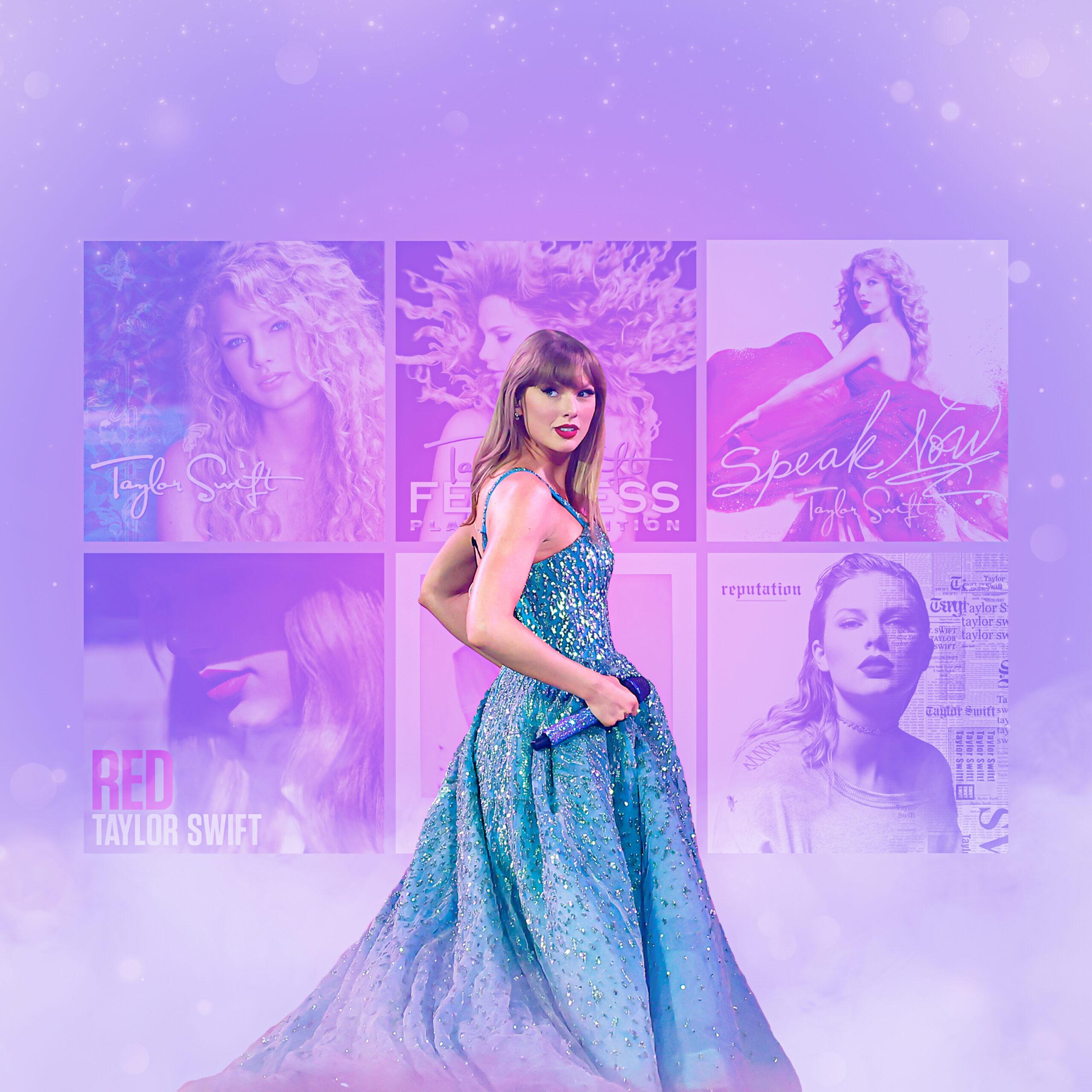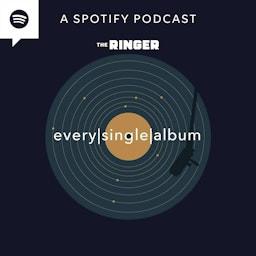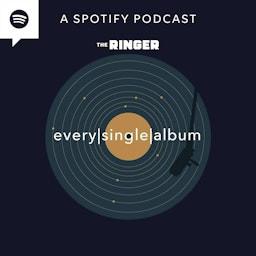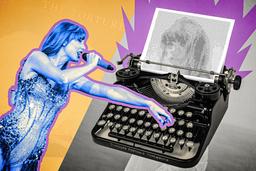
On the biggest tour of all time, Taylor Swift had walk-up music. Before the clock ticked down and “Miss Americana and the Heartbreak Prince” got started, the last thing her audience heard was Dusty Springfield.
You don’t own me.
It was a pointed choice. The Eras Tour came as Swift was in the midst of rerecording the first six albums in her catalog, the master recordings of which had been sold in 2019. That project sent Swift journeying through all her musical chapters. Combined with the backlog of records she had released but not toured because of the pandemic, those eras became the structure and concept of the show. In that way, the Eras Tour began as an act of defiant proof that no piece of paper could make those songs belong to anyone but Taylor Swift and that anyone who dared to take them away would be reminded of who they were dealing with. The Eras Tour and everything that happened around it as Swift’s star rose to unprecedented heights was part of the fight to regain ownership of all her music. That fight is over now.
In a letter posted to her website on Friday, Swift announced that she had bought back the rights to the master recordings of her first six albums, six years after they were sold to one of her longtime antagonists, music executive Scooter Braun.
“To say this is my greatest dream come true is actually being pretty reserved about it,” Swift wrote.
“All of the music I’ve ever made … now belongs … to me.”
Braun spent an estimated $300 million in 2019 to buy the master recordings of Taylor Swift, Fearless, Speak Now, Red, 1989, and Reputation from Big Machine Label Group and record executive Scott Borchetta, who had signed Swift as a teenager and helped guide her early career. Swift has said that the fact the music was sold to Braun was a deep betrayal.
“Scooter has stripped me of my life’s work, that I wasn’t given an opportunity to buy,” she wrote in a Tumblr post at the time. “Essentially, my musical legacy is about to lie in the hands of someone who tried to dismantle it.” Swift attached a screenshot from Justin Bieber’s Instagram showing Braun, Kanye West, and Bieber laughing on a FaceTime call (West and Bieber were once Braun's clients). Bieber’s original post was captioned “Taylor swift what up.” In the screenshot, Braun’s face is circled in red, and Swift added this text: “This is Scooter Braun, bullying me on social media when I was at my lowest point. He’s about to own all the music I’ve ever made.”
A year later, Braun sold Swift’s masters to the investment firm Shamrock Capital for about $360 million, according to Billboard. (It was Shamrock that executed the deal that Swift announced Friday. She apparently found them to be a more than upstanding business partner. “My first tattoo might just be a huge shamrock in the middle of my forehead,” she wrote in her letter to fans.) But back when Braun still owned her catalog, Swift began talking about the possibility of rerecording those old albums. Everything in her career since has stemmed from there.
The past six years of Taylor Swift don’t seem as if they were entirely about getting her masters back. They have been probably the most consequential six years of her career, possibly the biggest six-year run in music history, and they’ve transcended what was fundamentally a business dispute, even if it was obviously a very meaningful one. Lover was mostly written before the sale, and Folklore and Evermore feel inexorably tied to the pandemic, which was when Swift really began leveling up from megastar to all-time great. Midnights and The Tortured Poets Department were wrapped up in the Eras madness.
And though the intro music was a reminder of the point Swift set out to make with the tour, along the way, the experience of the show itself became about something else. The “eras” concept allowed her fans a chance to spend time not just with Swift’s past music but also with their own past selves, by dancing to the Fearless-era hits with friends from high school or holding up their little ones who first fell for the Lover era’s technicolor sing-alongs. The tour became about the community Swift has created around her work rather than about her own reclamation project. Even the four rereleased “Taylor’s Version” albums, the body of work most closely tied to the fight over her original masters, became a chance for fans to say to one another, “Remember where we were when we first heard that one?” Swift’s act of righteous defiance became one of joy and togetherness.
Those memories tied to the tour, the outfits and the friendship bracelets and the livestreams every night, will be forever cherished. But now that Swift’s fight for her masters is over—now that she’s won—it’s worth remembering that her reclamation project was the organizing principle behind the past six years. Swift has always been at her best when she’s a combatant, and this particular battle has animated her through the most prolific and high-profile stretch of her long career. You can draw a straight line from the Taylor Swift who had her life’s work sold to the Taylor Swift of today, the woman who has become one of the most successful musicians to ever live.
That line runs through Folklore, where she wrote about stolen lullabies on “My Tears Ricochet" and breathing fire on two men united to conspire against her on “Mad Woman.” It also runs through Midnights, where she wrote, “Everything you lose is a step you take” on “You’re on Your Own, Kid.”
It runs through the order of the tour’s surprise songs. The first song Swift played on the piano on opening night in March 2023 was “Tim McGraw,” the lead single from her debut album. The last surprise song she played at the final show of the first American leg of the tour, on August 9 in Los Angeles, was “New Year’s Day,” the closing track of Reputation. Of course, those bookends had a double meaning: The first and last songs in the catalog that had been sold out from underneath her were now pillars of a tour that was entirely her own.
The line runs through her impulse to stack each Taylor’s Version album with songs from the vault that added freshness to the older tracks. To fund and record accompanying music videos and teasers, to drop hints and more hints about future albums, and maybe even to tip off the paparazzi now and again when she’s thinking about going out for carbonara and a salad. To make everything bigger and buzzier and more grand than what she’d ever done before. The irony of the rerecording project is that, although it did serve its intended purpose of devaluing the originals relative to Taylor’s Versions, it also helped make Swift so mega-famous that all versions of her albums got more play.
We’ve reached the end of the line. Its final destination was triumphant, and it marks the close of a prolific chapter. And what will happen next is anyone’s guess. Swift threw some cold water on the two unreleased Taylor’s Versions, especially the much-anticipated Reputation (Taylor’s Version), which she said was not even a quarter of the way done.
At first glance, Swift’s Friday letter suggests that it’s time for fans to stop clowning around, stop tuning in to the American Music Awards based on a whisper of a crumb of a suggestion of a theory that she could show up and announce Rep TV, and stop inventing faulty numerology based on the quantity of bracelets she has worn since her last Instagram post. But for those who can’t help themselves, there were the 12 “i’s” in Swift’s spelling of “thiiiiiiiiiiiis close,” perhaps a suggestion that her 12th studio album is mere days away. There was the laughably coy aside that the vault tracks from the Reputation era could still someday see the light of day, “if you’re into the idea,” as if a voice memo of Swift ordering a pizza wouldn’t go to no. 1 on the charts. Some of those hints suggest work that is still tied to the rerecordings. A new album would introduce a new chapter—ahem—era. But this does feel like a major inflection point and a moment of closure in Swift’s career. The fight for her masters animated what are, so far, the career-defining years of her life. That fight is over now. She won. So did everyone who got to watch it happen.







